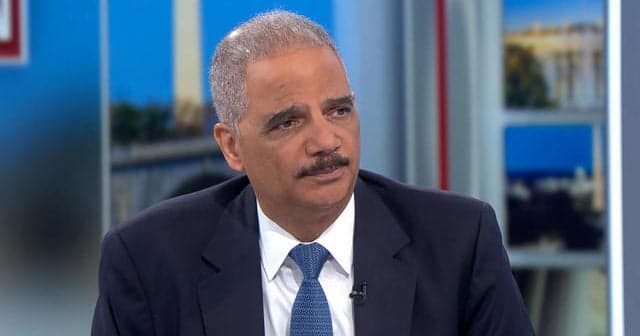Mossad Alleges Hamas Built European Network, Calls For Immediate Probes
Israel’s intelligence service said it had identified covert cells and logistics channels across Europe capable of executing on command attacks, and asked partner services to open immediate investigations. The allegation raises questions about cross border intelligence sharing, legal oversight, and political fallout in European capitals ahead of elections and security reviews.

On November 22, 2025, Israel’s Mossad publicly asserted that Hamas has cultivated an operational network across Europe capable of carrying out coordinated on command attacks, and asked European security services to open immediate probes into the activity. Israeli officials described the network as involving covert cells and logistics channels, framing the claim as an external escalation tied to the Israel Gaza conflict and a matter requiring urgent transnational law enforcement attention.
European governments reacted with a mixture of concern and caution. Several national security agencies acknowledged receiving the Mossad request and said they were assessing the intelligence while cautioning against premature public statements. Other governments pressed for additional evidence before drawing operational conclusions. The contrasting responses highlighted fractures in how European capitals balance the need for rapid security action with legal standards for intelligence sharing and public accountability.
The allegation is likely to drive rapid operational cooperation between national police forces and intelligence services, and to put institutional mechanisms for information exchange under renewed pressure. Europol and existing bilateral intelligence channels are poised to play coordinating roles, though the intensity and scope of any joint operations will depend on the credibility and specificity of material provided by Mossad. For domestic law enforcement, the claim can justify expedited investigations into suspected cells, logistics hubs and financial networks, but it also raises procedural questions about warrants, surveillance oversight and cross border arrests.
Policy implications extend beyond immediate security responses. Governments will need to reconcile expeditious counterterrorism measures with protections for civil liberties and community trust. The prospect of expanded surveillance or more aggressive policing in Muslim communities risks politicization, and could amplify social tensions or feed into narratives exploited by political actors. In several European countries that face upcoming elections, security alerts tied to foreign conflicts have historically reshaped public debate, influencing voter priorities and party platforms around immigration, policing and foreign policy. The Mossad allegation is likely to become a touchstone in those discussions, prompting parliamentary scrutiny and calls for transparency about the evidence that informs state action.
Diplomatically, the episode underscores the centrality of intelligence diplomacy in the Israel Gaza conflict. A public Mossad appeal marks a shift from private cooperation to overt pressure for partner states to act, which may complicate already delicate bilateral relations and multilateral efforts to manage the regional crisis. European leaders must weigh the operational need to prevent attacks against the diplomatic costs of appearing to adopt one side in a wider conflict.
For civic engagement, the stakes are clear. Effective democratic oversight of counterterrorism measures depends on timely briefings to elected representatives, judicial review of intrusive tools, and public communication that distinguishes verified threat information from strategic messaging. How European governments handle Mossad’s allegation will test institutional resilience, and influence public confidence in both security services and political leaders at a moment of heightened international tension.


